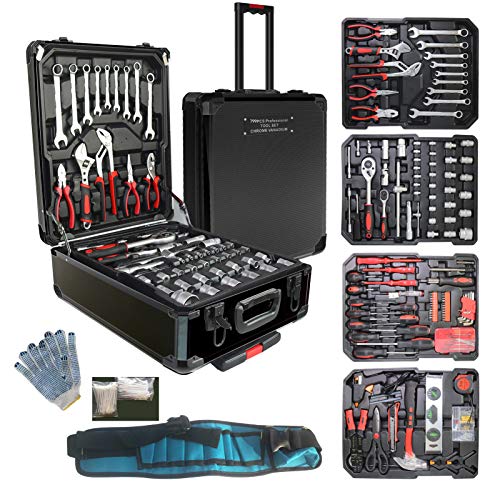Just for grins I measured the 120v twin-size mattress pad I use, and it registers about 55 watts when it cycles ON and about 0.3 watts when it cycles off. (I would assume an electric blanket would double this power drain, but I dont own one to be able to verify this.)
Interestingly, the label on the heat controller has '180 watts' printed on it.
I tend to run mine on the medium settings and there is a thin foam pad above it. It's comfy for me that way.
Some light math (and rounding off)....
Assuming 50% duty cycle all night, for let's say, 8 hours;
220 watt-hours for one night of use. (55x4) Add 1 watt-hour for the standby use.
On solar, with a pure sine inverter at 80% efficiency, call it 265 watt-hours. (221 + 20%)
A few hours of strong solar input the next day on 200 watts of panels should easily recover this, but also needs to power whatever else is running: fridge, laptop, lights, etc.
Again, an electic blanket draws more power than a heated mattress pad, in normal use.
The problem is that for the price of buying a new inverter and providing extra battery power and solar, and maybe a meter or kill-a-watt to measure everything, you could just buy a 12v bunk heater (heated mattress pad) and be done with it.
If you are aready using an inverter, and have the meter and extra solar capacity, then yes, it can work...










































































